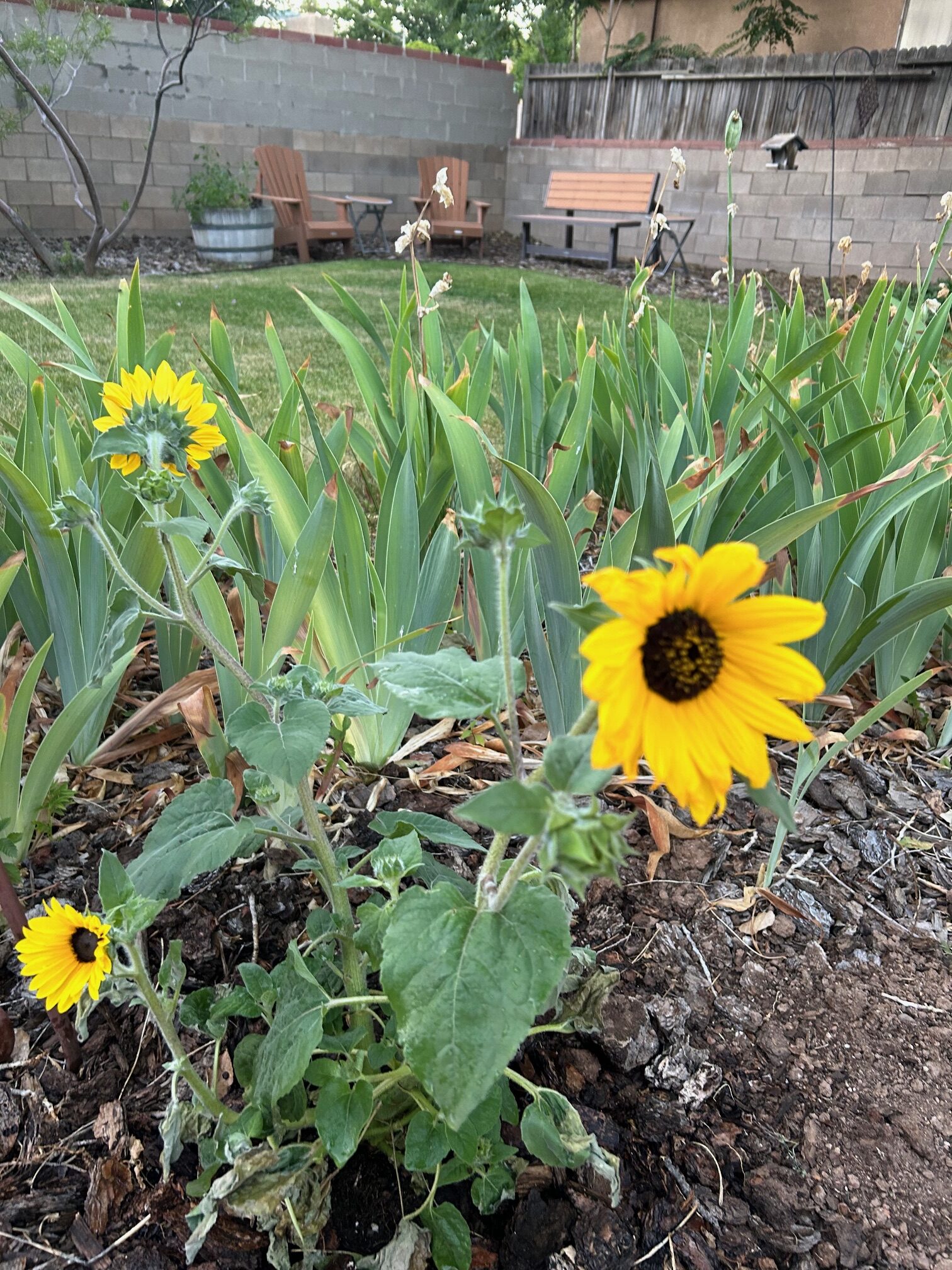
How Does Your Garden Grow: The Tale of the Fig Tree
There is something magical about this time of year. It’s the time where you see and hear your neighbors in their yards cleaning out debris left from the fall, and preparing for what flowers and foliage is peeking up and planned. The temperatures are rising, but it’s not yet unbearable to spend several hours deep in the soil or laying fresh mulch. I love the sounds of the birds and the many smells of the season – and regardless of what is happening on the evening news, mother nature seems to be unphased in her relentless reminders that spring is here.
In the Gospels, Jesus too speaks of the changes of the seasons and the need to be physically and spiritually prepared for what is to come. In church this morning, I was reminded of the story of the fig tree as a rich metaphor for these subtle shifts, nurturing of faith, one’s purpose, and spiritual preparedness and fruitfulness.
In Mark 11: 12-14, Jesus speaks to his encounter with a fig tree that bore no fruit. Finding it barren, Jesus cursed it, and it withered. On the surface, this passage can seem perplexing, even harsh. But beneath it lies a deeper truth: we are called to bear fruit in our spiritual lives. The fig tree was meant to nourish and sustain, and when it failed in its purpose, it became a lesson about living a life of true faith rather than mere appearances.
Another parable about the fig tree appears in Luke 13:6-9. In this story, a landowner comes looking for fruit on his fig tree and, finding none, contemplates cutting it down. The gardener intercedes, asking for more time to cultivate and care for the tree so that it might yet bear fruit. This passage speaks to God’s patience and grace, but also to our responsibility to respond to that grace. There comes a time when we must step into the purpose for which we were planted.
The fig tree is a symbol of peace and abundance. In the Old Testament, the fig tree often represents security and prosperity. Micah 4:4 envisions a time of peace when “everyone will sit under their own vine and under their own fig tree, and no one will make them afraid.” To be a fig tree is also to be a place of refuge and rest, offering shade and nourishment to those who come near.
The telling of the fig tree reminds us to embrace a life of faithfulness, growth, and provision. It is yet another means in which Jesus is speaking to us, telling us to recognize that our lives are meant to bear spiritual fruit—not just for ourselves, but for those around us. It is a call to readiness, to respond to God’s tending, and to step into a life that is abundant and full of purpose.
Ask yourself in this magical season of preparedness: Are we paying attention and bearing fruit? Are we offering shade and nourishment to those in need? Are we rooted deeply and prepared for the unknown of what is to come and what is right in front of us?
Related Posts
Ablation of the Soul: Creating Peace
Before worship began this morning, I found myself looking around the sanctuary...
The Gift of Giving
#GivingTuesday Reflection The season of Advent is here—a time when we light...
Holy Week
As we enter into Holy Week, I wanted to share something a little different than...
The Importance of Marking Time: Grief, Anniversaries, and Ritual
One year ago, in accordance and affirmed by the United Methodist Church Book of...






